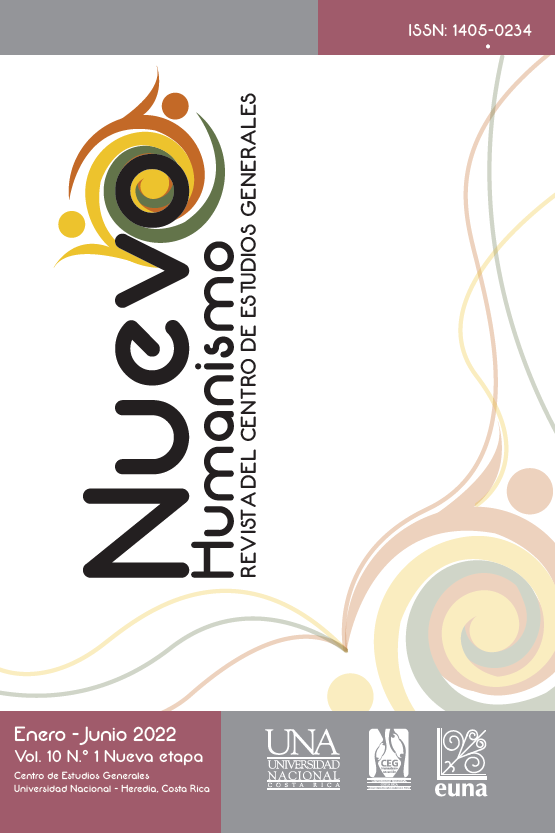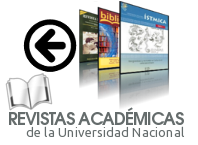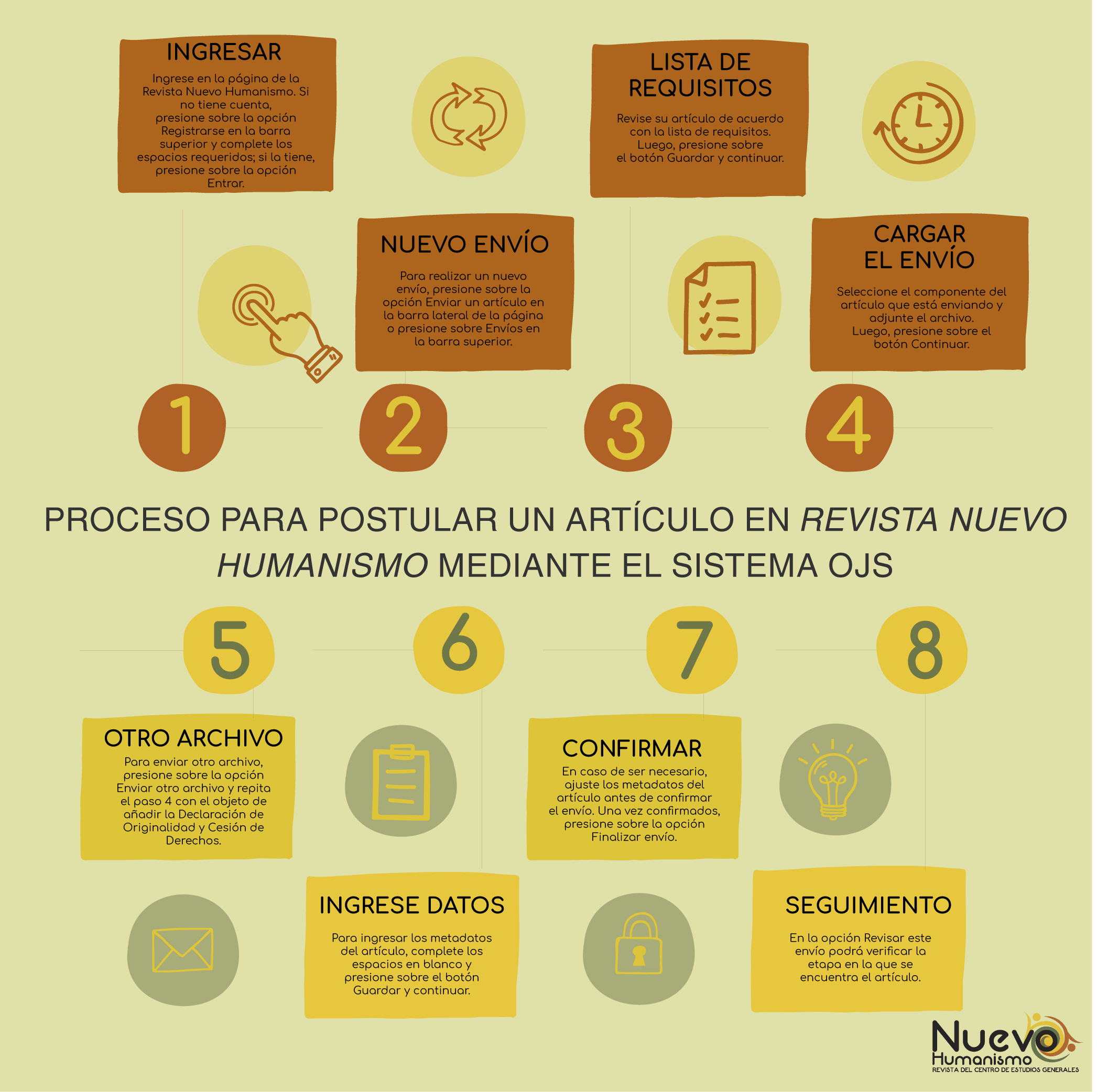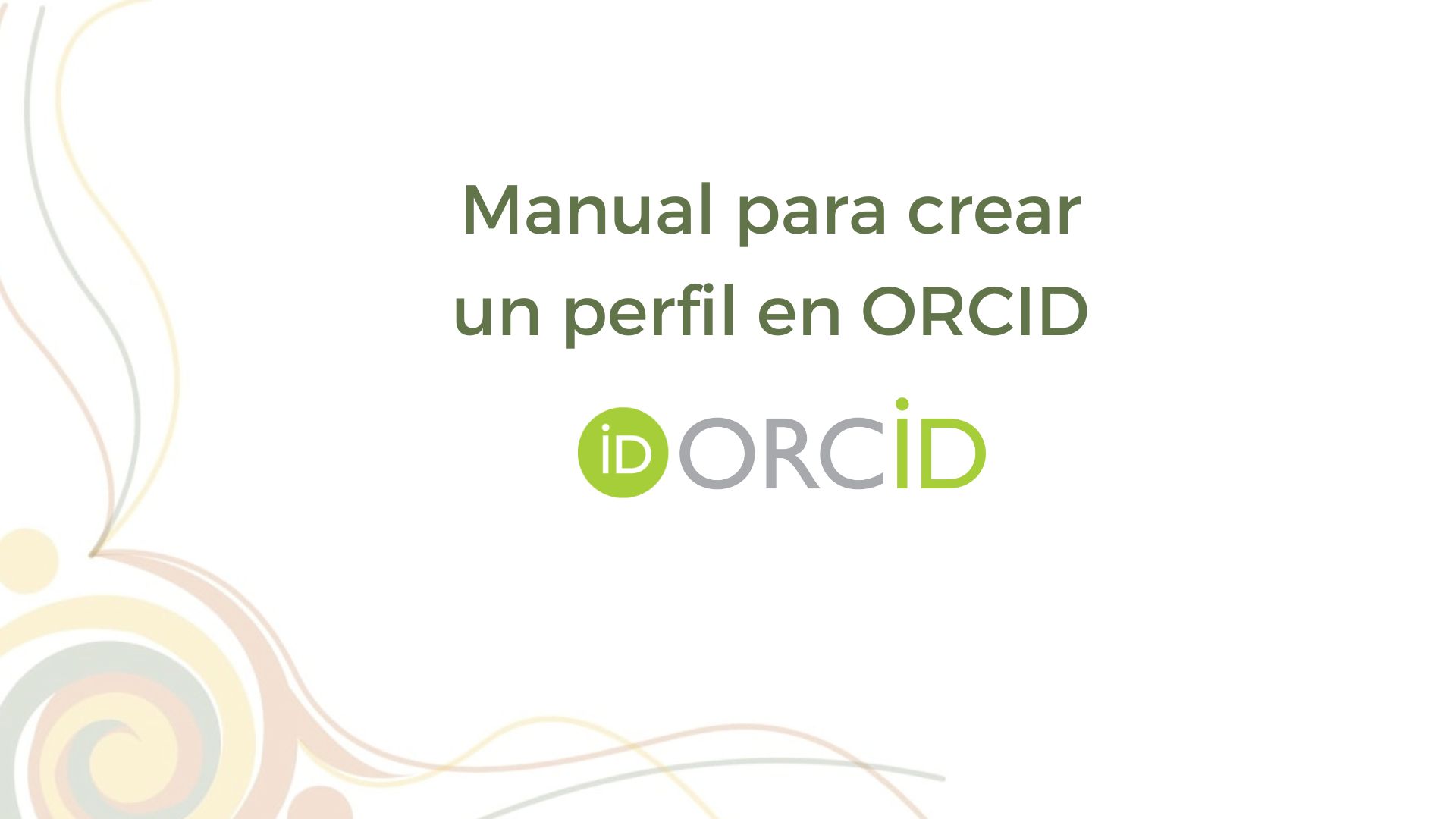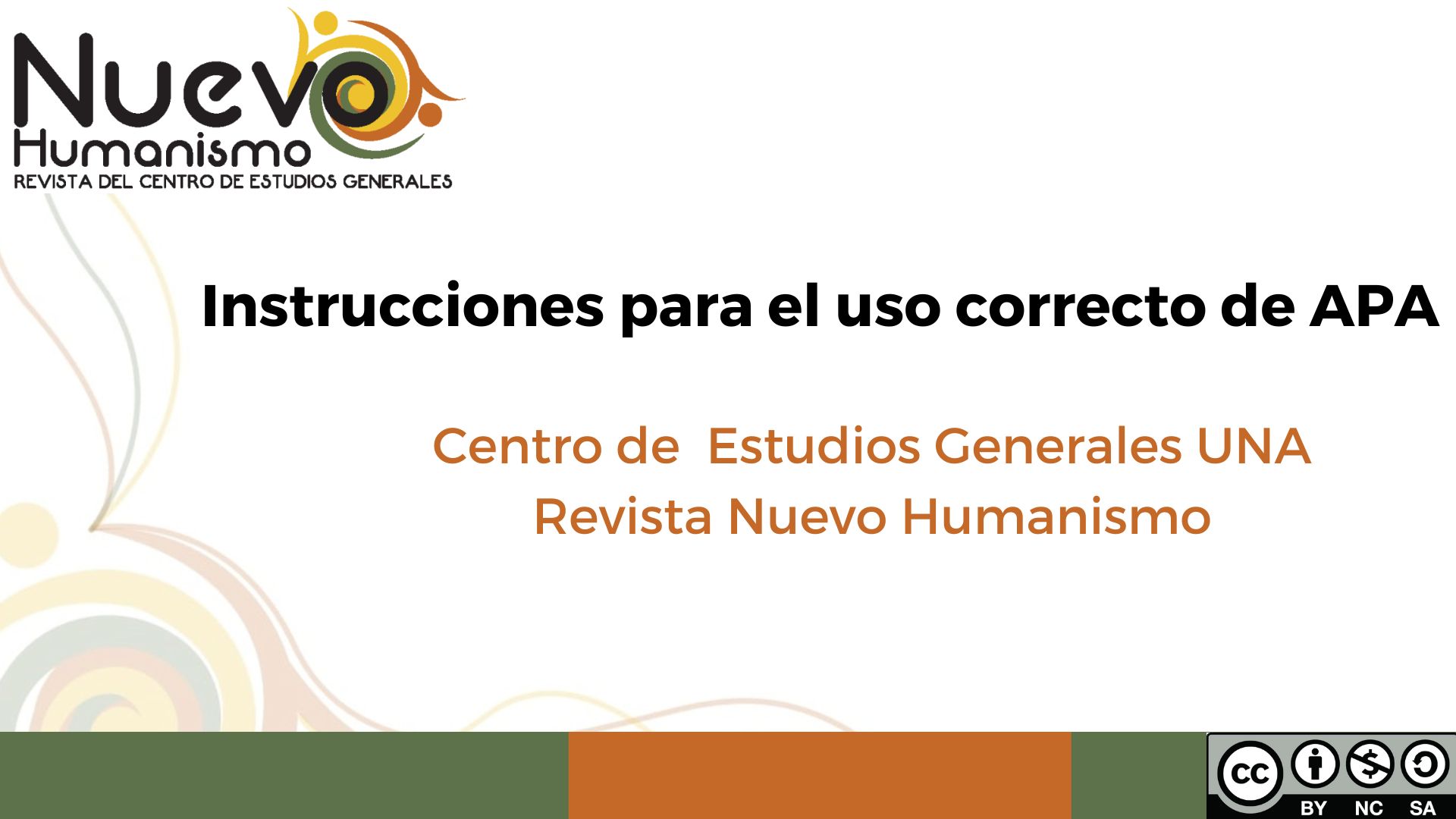Humanism: innatism and constructivism. Refections on the debate between Chomsky and PiagetEste artículo trata de una revisión de las teorías de Jean Piaget y Noam Chomsky sobre el origen del lenguaje y el conocimiento, para obtener reflexiones que guíen u
DOI:
https://doi.org/10.15359/rnh.10-1.2Keywords:
Self-emancipation; constructivism; epistemology; generative grammar; humanism; innatism.Abstract
This article deals with the theories of Jean Piaget and Noam Chomsky, concerning the origins of language and knowledge, to formulate some ideas about how to reach a synthesis between both authors. The purpose is to raise an argument in favor of the need for a New Humanism, an ethical-philosophical and epistemological perspective promoted by the Ibn Khaldun, which has been the focus of interest and research by a group of academics from the Centre for General Studies at The National University of Costa Rica. Constructivism, genetic epistemology, and psychogenesis of knowledge are proposals by Piaget, and Chomsky’s are the generative grammar, innate structures and psycholinguistics. Both perspectives represent scientific revolutions that went against the notion of tabula rasa but are oftentimes considered apparently non reconcilable due to the contrast between the notions of innate structures and transformative structures. This is important for Humanism given the fact that understanding knowledge and language as biological competencies and the epistemic subject as the center of its progressive development is conducive to a better understanding of humanism in its biological sense, thus, to a deeper insight into our innate tendency towards self-emancipation, genetically conditioned and within a socially systemic process.
References
Baraona Cockerell, M. (2016). La trama y los hilos: Modernización capitalista y las cuatro espirales de la modernidad. EUNA.
Baraona Cockerell, M. (2021). La revolución del Humanismo. Kamuk.
Baraona Cockerell, M., Arce, C., Gómez, J., Marenco, H., Mora, J., Muñoz, D., & Sánchez, K. (2021). Para un diagnóstico interdisciplinario del auge del universo criminal y carcelario en Costa Rica: 1990-2022. Revista Nuevo Humanismo, 9 (1), 44. Recuperado a partir de
https://www.revistas.una.ac.cr/index.php/nuevohumanismo/article/view/15569
Baraona Cockerell, M. & Mora, J. (2017). Hacia una epistemología del Nuevo Humanismo. EUNED.
Chomsky, N. (2003). La arquitectura del lenguaje. Kairós.
Chomsky, N. (2017). ¿Qué clase de criaturas somos? Paidós.
Finlay, B. & Darlington, R. (1995). Linked regularities in the development and evolution of mammalian brains. Science. Vol. 268, N.° 5217, 1578-1584.
García, R. (2000). El conocimiento en construcción: de las formulaciones de Jean Piaget a la teoría de sistemas complejos. Gedisa.
García, R. (2006). Epistemología y teoría del conocimiento. Salud Colectiva, 2 (2), 113-122. https://www.redalyc.org/pdf/731/73120202.pdf
García, R. (2006). Sistemas complejos: conceptos, método y fundamentación epistemológica de la investigación interdisciplinaria. Gedisa.
Gutiérrez Martínez, F. (2005). Teorías del desarrollo cognitivo. McGraw-hill.
Olivares, C., Cabaluz, F. & Álvarez, M. (2021). A 50 años de la teoría de la revolución en el joven Marx. Consejo Latinoamericano de Ciencias Sociales.N82. http://biblioteca.clacso.edu.ar/clacso/se/20210204043633/CuadernoPLC-N82.pdf
Piaget, J. & García, R. (1982). Psicogénesis e historia de la ciencia. Siglo XXI.
Piaget, J. (1995). El estructuralismo. Publicaciones Cruz.
Piattelli-Palmarini, M. (1983). Teorías del lenguaje, teorías del aprendizaje: el debate entre Jean Piaget y Noam Chomsky. Editorial Crítica.

